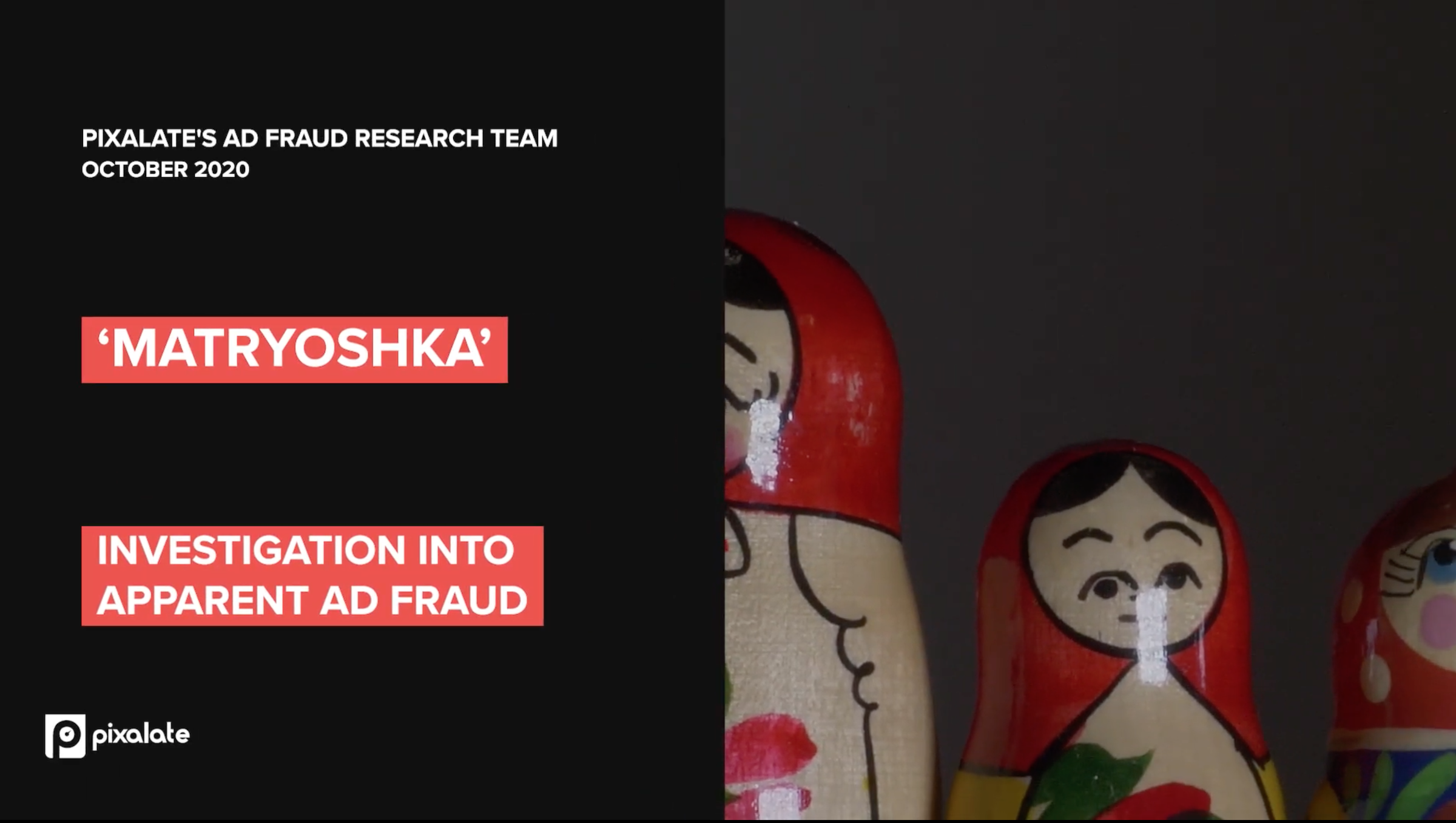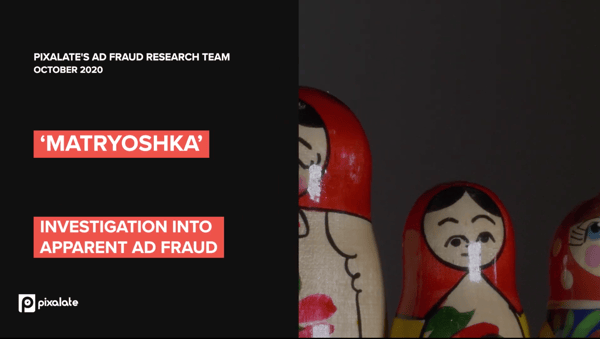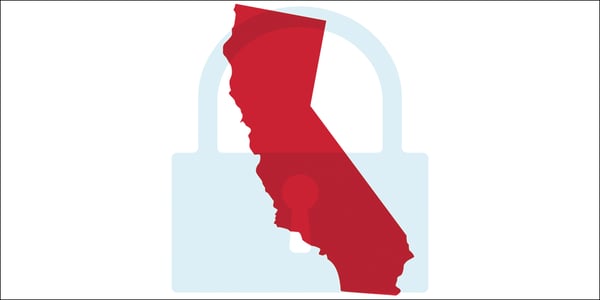
This week's review of ad fraud and quality in the digital advertising space.

Pixalate has exposed the 'Matryoshka' mobile app ad fraud scheme, which highlights consumer privacy risks in the mobile app digital advertising supply chain. The ad fraud scheme utilized the iFunny app on both iOS and Android and cost advertisers well in excess of $10 million in 2020.
Learn more in our blog, which also contains a video breakdown of the scheme. Forbes also has more.

California residents voted to pass Proposition 24, the Consumer Privacy Rights Act, an amendment to the CCPA which expands the types of information that consumers can block businesses from sharing, including data about their health, genetics, race, ethnicity, sexual orientation, sex life, union membership, religion, philosophical beliefs and precise location. Adweek reviews what marketers need to know about Prop 24.

"In a sign that the connected TV (CTV) advertising market is benefitting from a shift of traditional TV ad budgets, as advertisers follow viewers, two leading suppliers -- The Trade Desk (TTD) and Roku -- reported strong third-quarter sales," reported MediaPost.

Adweek details how "supply-path optimization" is coming to Connected TV, albeit in a different manner when compared to display advertising. In discussing CTV's supply chain, Adweek notes: "The space is also teeming with ad fraud. Chris Kane, founder and president of Jounce Media, said CTV supply transparency is significantly lagging the web and mobile app categories, because show-level information is rarely included in real-time bidding auctions, and transparency spec ads.txt isn’t widely adopted."

"In the third quarter of 2020, connected TV represented 34% of the time people spent watching YouTube videos ... up from 27% in the fourth quarter of 2019," reported Digiday. "Contributing to the CTV share increase is the fact that people spend more time, on average, viewing videos when watching on CTV versus other types of devices," Digiday added.
*By entering your email address and clicking Subscribe, you are agreeing to our Terms of Use and Privacy Policy.
These Stories on Weekly Recaps
*By entering your email address and clicking Subscribe, you are agreeing to our Terms of Use and Privacy Policy.

Disclaimer: The content of this page reflects Pixalate’s opinions with respect to the factors that Pixalate believes can be useful to the digital media industry. Any proprietary data shared is grounded in Pixalate’s proprietary technology and analytics, which Pixalate is continuously evaluating and updating. Any references to outside sources should not be construed as endorsements. Pixalate’s opinions are just that - opinion, not facts or guarantees.
Per the MRC, “'Fraud' is not intended to represent fraud as defined in various laws, statutes and ordinances or as conventionally used in U.S. Court or other legal proceedings, but rather a custom definition strictly for advertising measurement purposes. Also per the MRC, “‘Invalid Traffic’ is defined generally as traffic that does not meet certain ad serving quality or completeness criteria, or otherwise does not represent legitimate ad traffic that should be included in measurement counts. Among the reasons why ad traffic may be deemed invalid is it is a result of non-human traffic (spiders, bots, etc.), or activity designed to produce fraudulent traffic.”

